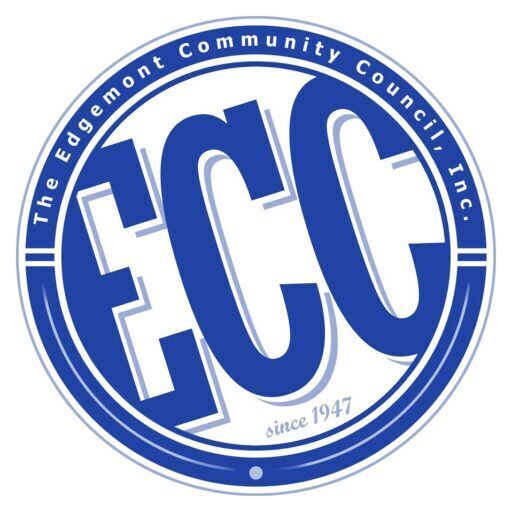Even though the law the ECC wrote 18 months ago for Greenburgh to address the illicit massage trade in Edgemont has been on the books now for more than six months, the Town has done nothing to enforce the law.
As a result of the Town’s thumbing its nose at the landmark legislation, Edgemont is still today the “illicit massage parlor capital” of Westchester County, which is what Police Chief Chris McNerney called it at a meeting of the ECC Board of Directors in October 2014.
Under the new law, which was adopted by the Town Board on November 9, 2015, all massage establishments must be licensed by the Town and may only be licensed if they employ massage therapists who themselves are licensed by the State of New York.
The law was structured so that all massage establishments in unincorporated Greenburgh would have to apply for licenses and, in so doing, their owners and managers would be subjected to police background checks to make sure they have no prior involvement with either prostitution or the hiring of unlicensed massage therapists.
The new law is set forth in Chapter 375 of the Greenburgh Town Code, entitled “Massage Establishments.”
Once the massage establishment obtains its license, the massage establishment is then required under the Town’s zoning code to apply for and obtain from the Town Board a special permit to operate.
The Town’s legitimate massage establishments were expected to have no difficulty obtaining licenses and permits, while illicit massage establishments – referred to in the zoning code as “massage parlors” — would presumably never be qualified for a license and in the unlikely event that they were, the Town Board would almost certainly never grant them a special permit to operate.
The law was to have become fully effective within four months of its enactment, or as of March 9, 2016. Indeed, under the law, as of March 9, 2016, both the Town’s police department and the Town’s building department were granted the legal authority to shut down any unlicensed massage establishment, including all so-called illicit massage parlors.
But neither the police nor the building department have done anything thus far to enforce the law.
There are at least eight such illicit businesses currently operating out of storefronts in strip malls along Central Avenue in Edgemont and adult websites continue to advertise them with photos of scantily clad women under the headings, “Grand Opening” or “Under New Management.”
The ECC posted such ads on its website two weeks ago to remind town officials that the law needed to be enforced, but town officials apparently did nothing.
Chief McNerney said last night the Town Attorney’s office had not yet sent notices to any massage establishments directing them to apply for licenses; indeed, Chief McNerney said the Town Attorney was still working on what the application form for such a license would say.
ECC president Bob Bernstein, who drafted the law for the Town, expressed surprised that it would take the Town more than seven months to draft the form of application when the contents of the form of application are expressly set forth in Section 375-7 of the massage law.
“Enforcement of the Town’s massage law may be important to the people of Edgemont and our quality of life,” Mr. Bernstein said, “And it certainly gave the police the tools they say they needed to deal with the problem, but it is clearly not a priority with the Town which is acting like no law was ever enacted in the first place.”
When asked several weeks ago why the Town was not enforcing the massage law, Town Supervisor Paul Feiner said only that it was “town board policy” to enforce the law.
However, not only is the Town not enforcing the law, but the Town does not appear to be putting up much of a defense to a legal challenge to the law that was filed last month in Westchester Supreme Court by an Albany-based trade association for licensed massage therapists.
Town Attorney Tim Lewis, who last year had encouraged the trade group to attend town board meetings to urge the board not to adopt the law, was given responsibility by Mr. Feiner for defending the Town from the trade association’s lawsuit.
But rather than move quickly to dismiss the lawsuit on the ground that the licensed massage therapist group does not have legal standing to attack a law that seeks to bar massage establishments from operating in the Town unless they hire massage therapists who are licensed by the state, Mr. Lewis essentially submitted virtually no defense at all. Thus, he did not submit any case law explaining why the trade group lacked standing; nor did he submit any case law explaining why Town’s enactment of the massage law was lawful.
Town board members, including Mr. Feiner, were notified in advance of Mr. Lewis’s legal strategy, and apparently went along with it.
Mr Feiner notified Mr. Bernstein that the Town had been sued and initially asked him to defend the Town for free, which Mr. Bernstein declined to do, noting that the Town operates on an annual $80 million budget and can certainly afford to hire competent counsel. Mr. Feiner instead turned to Mr. Lewis, even though he worked for months to block the law from being enacted in the first place.
